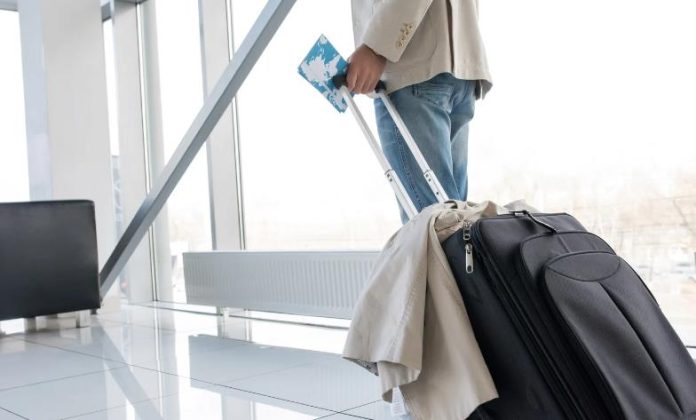Table of Contents
It is fun to travel to a place far away from home, but if it’s in a different time zone, you may experience some challenges. Traveling across time zones disrupts your sleep/wake cycle, and your internal clock can take a while to adjust. Let’s take a look at everything you need to know about traveling to a different time zone.
What is Jet Lag?

Often referred to as jet lag, this temporary condition is known to include some of the following adverse effects and symptoms:
- Headaches
- Lethargy
- Confusion and lightheadedness
- Anxiety and irritability
- Disturbed sleep
- Muscle soreness
- Nausea and lack of appetite
Taking some key steps can help you overcome your symptoms so you can make the most of your trip.
Tips for Traveling to a Different Time Zone
Before you go
Finding your groove and feeling your usual self after a long trip can take some time. Regular travelers have discovered ways to minimize the effects of jet lag through proper planning long before their flight.
Stay hydrated
One of the ways to avoid the adverse effects of jet lag is to stay well hydrated. The dry air in the aircraft will dehydrate you, and a dehydrated body will adapt less well to a new time zone.

A cocktail IV is the perfect solution if you frequently travel long distances and find the long flights often take a toll on you. Drip Hydration, Method Health, and SoFlow IV offer a Myers Cocktail IV in Boca Raton that can help you avoid jet lag’s effects. The IV fluids and electrolytes keep you hydrated and nourished as the drip also contains antioxidants and vitamins, like B-Complex Vitamins and Vitamin C.
Get adequate rest
If you’re already sleep-deprived before you fly, it will worsen your jet lag symptoms. Ensure you are well rested during the week before traveling, emphasizing a good night’s sleep the night before your flight.
Skip caffeine and alcohol
Avoid visiting cocktail bar. Alcohol can act to dehydrate your body and disrupt your sleep. Caffeine can make it harder for you to fall asleep. If you drink plenty of water instead, your body will adjust quickly to the new time zone.
Adjust your sleep schedule to match your destination’s time zone

You can ease into the time zone you’re flying to by adjusting your sleep and waking times before leaving for your trip. This practice can help you become more in sync when arriving at your destination. Plan on going to bed and waking up earlier, or vice-versa depending on your trip. For those flying east, try going to bed an hour earlier. If you’re flying west, go to sleep an hour later.
When you get there
When you arrive at your destination, there are various things you can do to ease your transition to a new time zone and reset your body clock.
Reset your watch
Resetting your watch may seem like a small thing to do. However, it can significantly impact how well you adjust to a new time. When you are keeping track of local time, orienting yourself in new surroundings is easier.
Sleep or stay awake depending on arrival time

It helps to choose a flight that arrives in the early evening at your destination. If this is the case, it isn’t long before you can go to bed. If you can’t manage this and arrive in the morning, try to keep awake. If you go to sleep shortly after arrival, your internal clock won’t have an opportunity to adjust. Try to remain awake until it’s bedtime at your local destination.
Consider medication
A small dose of melatonin several hours before bedtime can help you get to sleep at your destination. Melatonin is a hormone that helps regulate your wake/sleep cycle.
Expose yourself to light
Being stuck indoors after reaching your destination can only work to worsen the symptoms of jet lag. Head outside for some natural light to help reset your body clock. When you arrive at your destination, try to get at least 15 to 30 minutes of direct sunlight.
Reset to local mealtimes
The sooner you adjust to the mealtime schedule in your local destination, the easier the transition will be for you.

There is plenty we can do to reduce the harmful effects of jet lag with some thoughtful planning. Make long-distance travel a breeze by following the advice above before departure and arrival. You will soon have the energy to enjoy the day and sleep well through the night.

